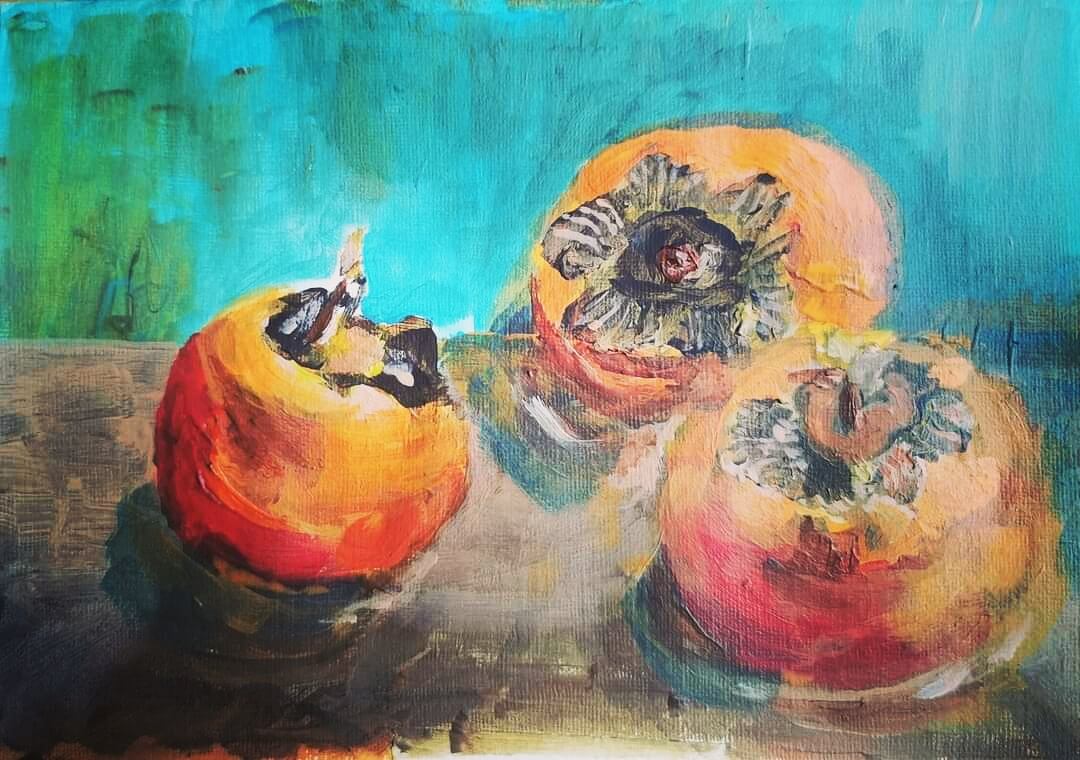
For decades, economists have warned that Cyprus’ economy must diversify from tourism or risk national productivity being over-dependent on one sector.
The change has happened to a certain extent. Cyprus’ economy has expanded into financial services, retail, and to some extent, industry. One overlooked sector is the Arts.
If you look around you right now, you will see the arts in action. Your table, chair, car, cup, even simple everyday things around us are designed. These things are functional art but the fundamentals are there - form and proportion materialised into something concrete we can use.
Even this article is a result of the arts. Writing is literally an art and something we take entirely for granted.
Imagine if you will a world without books, music, paintings, architecture, film, photography. Without design, fashion, colour. It would be a poorer world, one in which our souls would yearn for expression.
What’s the problem?
Part of the problem is the state system which lumps together education and culture under one ministry. While both sectors are admirable and essential to a country’s evolution, they are not the same thing by any means.
Education has fixed milestones and teaching agendas, junior school, high school, college, university. It adapts slowly and only after rigorous examination of new ideas. By contrast, culture is a flowing river of inspirations. In a sense, our system at the state level is a river faced with a dam. New cultural voices risk being blocked by the mindset in the classic education system.
Another part of the problem is funding and investment. Artists (musicians, painters, writers, designers etc) have great difficulty accessing funding. Creating works of art often takes a long time and many artists are not commercially minded enough to be able to sell their work or deal with complicated business issues. Galleries face similar issues. Application processes for funding are excruciatingly complex.
And yet, a country’s reputation for the arts is incredibly important across many economic sectors. Cultural tourism, for example. One wonders how many hundreds of millions of Euros were generated for Italy by just one artist; Leonardo Da Vinci? It is not just a matter of the money but the importance that Italians place on their artists and the support they give them.
Another model is Greece, which has as one of its highest priority respect for the arts, currently and historically.
Our House of Representatives is currently discussing the formalisation of artists’ roles to ensure they are better treated by the state system. That’s fair enough, but it is a mindset we are talking about changing, not simply practical things like social insurance.
In my opinion, the appreciation and support for the arts needs to become as important as breathing. The values of the arts; proportion, form, balance, colour, light, harmony are deeply needed for the country’s spirits and pride.
Artists work in all fields; musicians work in theatres, live music venues, on television, on the radio, podcasts, online. Painters’ work is shown in studios, galleries, museums, in homes, online. Writers are read by thousands of people, their books are distributed online, they change minds, they create new ways of thinking.
What’s the solution?
I believe the solution has many levels, so propose the following ideas as food for thought.
- Separating the Education and Culture ministries into two distinct entities with specialised personnel who are experts in their fields. No one is saying they can’t cooperate closely - they are just different things with different needs.
2. A public pledge from the Cabinet to support the arts with accessible funding and genuine respect for artists.
3. Create a state artist’s centre where funding opportunities and support infrastructure can be accessed easily and smoothly.
4. Make state-owned theatres and other venues more easily accessed for artists by lowering rentals or even providing the facilities free as sponsorship to musicians and other artists. For limited liability companies, the VAT on artistic products and services is already low at five percent but the municipalities charge a fee on ticket sales which the individual artist or producer then has to go and pay. If the audience attendance is low, the artist would still have to pay it and risk not covering the rest of their costs.
5. Create initiatives like virtual tours of artists’ studios - these could be seen by millions of potential cultural tourists who would then book a trip to see the real thing.
6. Providing rehearsal rooms and other spaces for creative arts. The state and municipalities have buildings sitting idle which could be filled with rehearsal rooms and other creative spaces like studios. These could be funded with EU funds or the artists could pay low fees for their use.
7. Where an artistic venture needs licensing, channel the licensing through the artists centre to ensure its smooth workings. This could be a workshop space, a school of art, a live music space, for example.
8. Bolster the existing artistic ventures with additional incentives and promotion.
9. Above all, promote Cyprus’ artists, new, old, young, and historical. There are literally thousands of ways this can happen if the will is there and the experts are allowed to get on with their work.
Thank you for reading this article, each word is an expression of my passion for the arts. Look around you once again with new eyes and imagine our island blossoming with even more colour, light, sound and beauty as the arts become more central to our lives.
Photo: Persnickety Persimmons by Sarah Fenwick.




